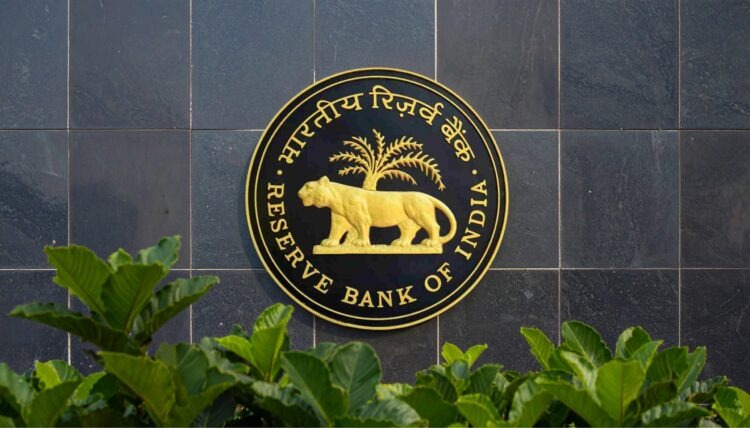The Reserve Bank of India (RBI) has authorized authorized dealer banks in India and their overseas branches to provide loans denominated in Indian Rupees (INR) to residents and banks in Bhutan, Nepal, and Sri Lanka to promote cross-border trade settlements, reduce dependency on foreign currencies, and enhance regional economic integration.
RBI Enhances Cross-Border Trade with INR Lending Permissions
In a significant move to strengthen regional trade and currency internationalization, the Reserve Bank of India has permitted authorized dealer (AD) banks and their overseas branches to extend loans in Indian Rupees to residents and banks in Bhutan, Nepal, and Sri Lanka. This initiative aims to foster trade settlements in INR and local currencies, facilitating smoother, cost-efficient cross-border financial transactions.
This step reiterates the RBI’s ongoing efforts to liberalize Foreign Exchange Management Act (FEMA) regulations and make INR liquidity accessible internationally, thereby reducing reliance on dominant currencies like the US dollar.
Notable Updates
Regulatory amendments formalizing this lending provision will be issued shortly under FEMA guidelines.
Major Indian banks including SBI, ICICI Bank, HDFC Bank, and Axis Bank are positioned to offer INR loans to banking and non-banking residents of the three countries.
Special Rupee Vostro Accounts (SRVAs) holders may now invest surplus balances in corporate bonds and commercial papers, enhancing liquidity options.
RBI will expand published currency reference rates via Financial Benchmarks India Limited (FBIL), supporting diverse currency pair quotations and efficient forex markets.
The move complements digital payment enhancements, eased remittance rules, and increased investment limits for Non-Resident Indians (NRIs).
Major Takeaways
This permission significantly boosts India’s regional trade connectivity and promotes rupee use beyond national borders.
It reduces transaction costs and forex risk for businesses and financial institutions engaged in regional trade.
The initiative aligns with global trends for currency diversification in international trade settlements.
Greater INR accessibility supports economic strengthening of India’s neighboring markets through enhanced financial linkages.
RBI emphasizes ongoing measures to integrate the Indian financial ecosystem with the global economy through regulatory innovation and market deepening.
This development marks a strategic leap toward Indian rupee internationalization, nurturing stronger trade ties and regional economic cooperation in South Asia.
Sources: The Economic Times, New Business Age, Moneycontrol, RBI Official Statements


